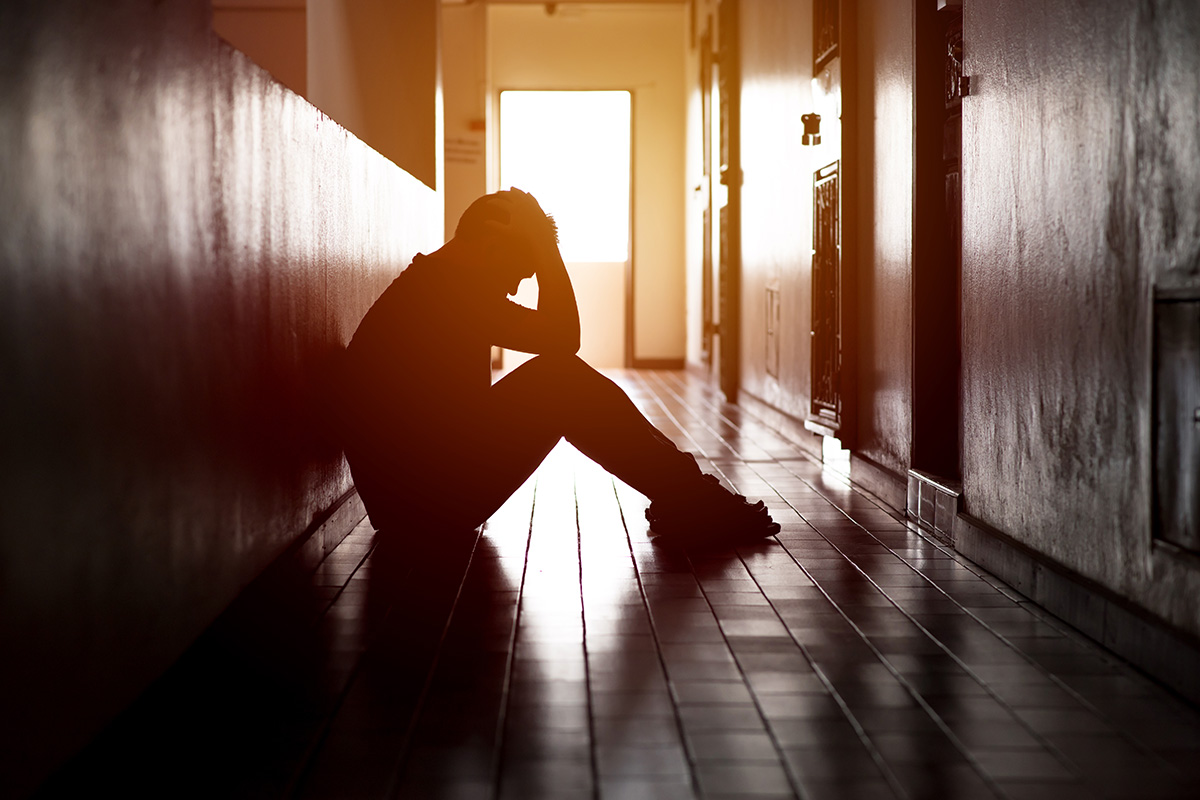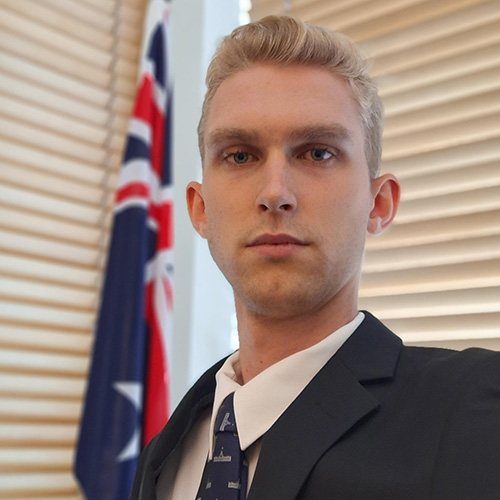Global Youth Mental Health in Crisis: Major Review Reveals 50% Surge in Illness Over 15 Years
October 3by Cody Mitchell
Australian researchers have headed up a large-scale review into the mental health of youth worldwide—with some concerning results.
Published in The Lancet, the review found that existing models of healthcare were inadequate to deal with rising mental health challenges, especially among youth aged 12 to 25.
It noted that while mental health has been “the leading health and social issue impacting the lives and futures of young people for decades”—it has now “entered a dangerous phase”.
As The Australian noted in its report on the new study, the incidence of mental ill-health has risen by fifty per cent in the past decade and a half.
Speaking to the Australian Broadcasting Corporation (ABC), the study’s lead author Professor Patrick McGorry noted that, concerningly, only half of people in Australia with mental ill-health received the care they needed.
ABC reporters Rachel Carbonell and Rhiannon Hobbins explained:
“Mental health issues account for 45 per cent of the disease burden for 10 to 24-year-olds worldwide, but only 2 per cent of health budgets globally are devoted to mental health care.”
The COVID-19 pandemic—including “the measures taken to contain it, and its aftermath”—was identified as being responsible for a surge in mental ill health in recent years.
Besides COVID, the report identified several factors (“global megatrends”) that were driving psychological distress in younger demographics. These include:
- Rising intergenerational inequality
- Financial pressure
- Global instability
- The rise of social media
As the study summarised:
“This alarming trend signals a warning that global megatrends (major, long-lasting societal changes such as environmental, social, economic, political, or technological changes) and changes in many societies around the world in the past two decades have harmed the mental health of young people and increased mental ill health among them.”
It said that, while the existing evidence-based solutions to mental ill-health were appropriate, they needed to be scaled up to be able to deal with the pressing need.
Speaking with the ABC about the report, Australia’s Federal Health Minister Mark Butler said, “I wouldn’t describe [the health system] as broken, but I would describe it as pretty overwhelmed”.
The Shadow Health Minister Senator Anne Ruston told the broadcaster, “We need to concentrate on having a national workforce strategy so that we’ve got a pipeline of psychologists and psychiatrists, particularly into the future so that we can make sure that we have got the support ready”.
The detailed research is being reported in Australian media as a “world-leading” review and the “most serious piece of work ever on youth mental health”.
It was led by a team from the Centre for Youth Mental Health at the University of Melbourne and involved experts from around the world—including Cambridge University, Maastricht University, San Diego State University, University of Birmingham, University of Auckland, McGill University, among a range of other institutions.
If you or anyone you know needs help:
- Lifeline on 13 11 14
- Kids Helpline on 1800 551 800
- MensLine Australia on 1300 789 978
- Suicide Call Back Service on 1300 659 467
- Beyond Blue on 1300 224 636 or its COVID-19 support service 1800 512 348
- Headspace on 1800 650 890
- ReachOut at au.reachout.com
- Care Leavers Australasia Network (CLAN) on 1800 008 774
- Brother to Brother on 1800 435 799






